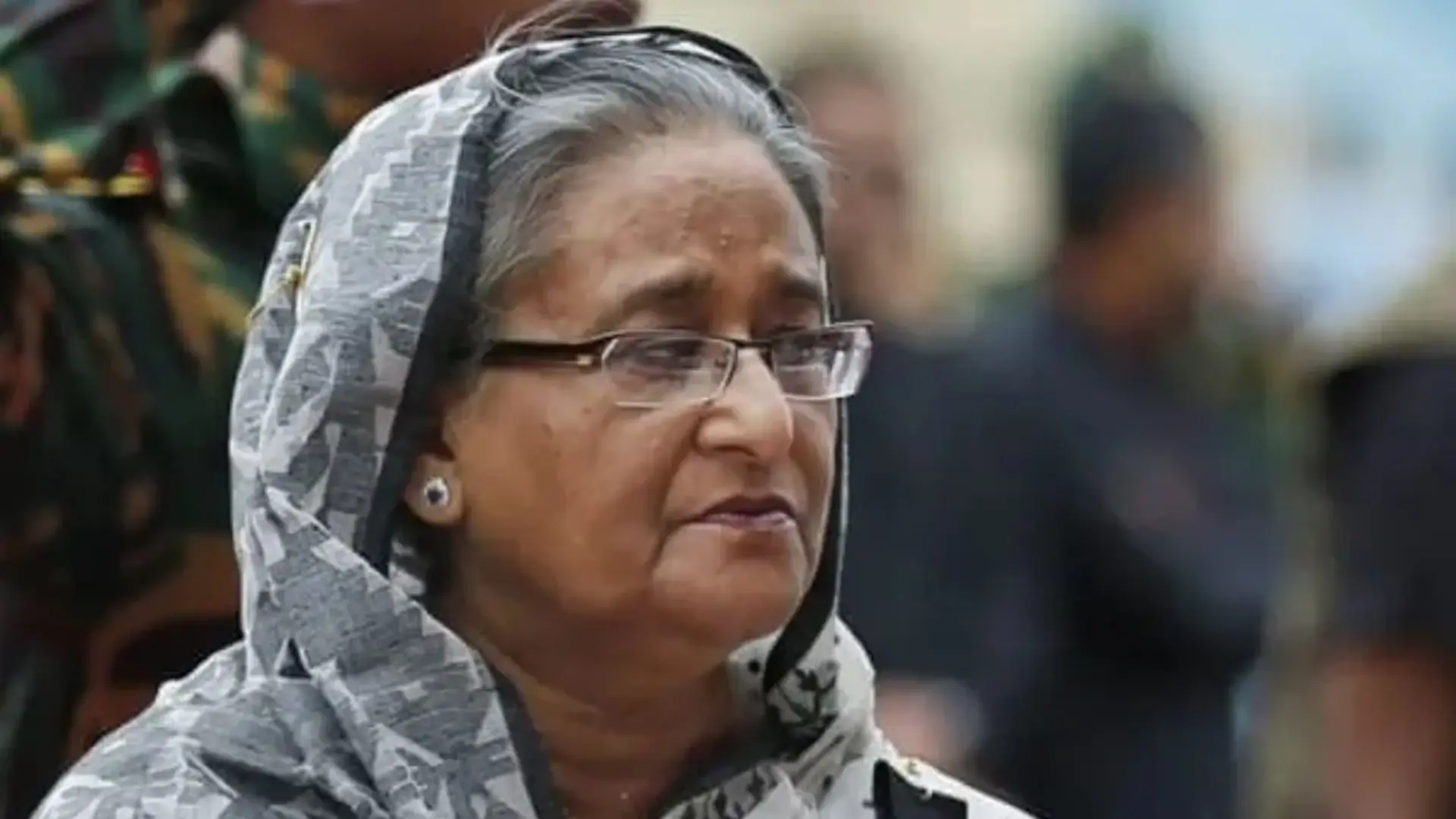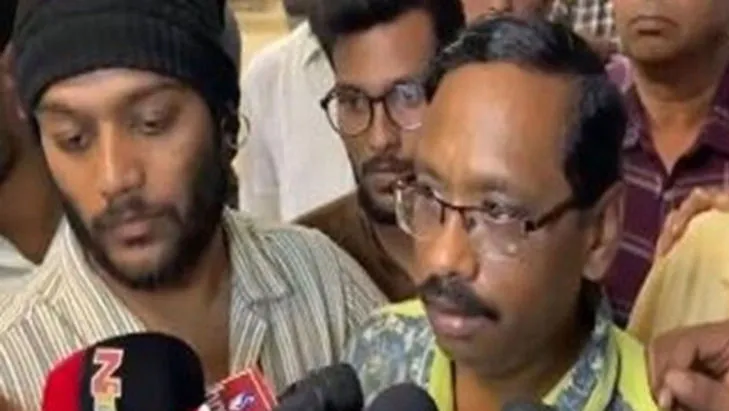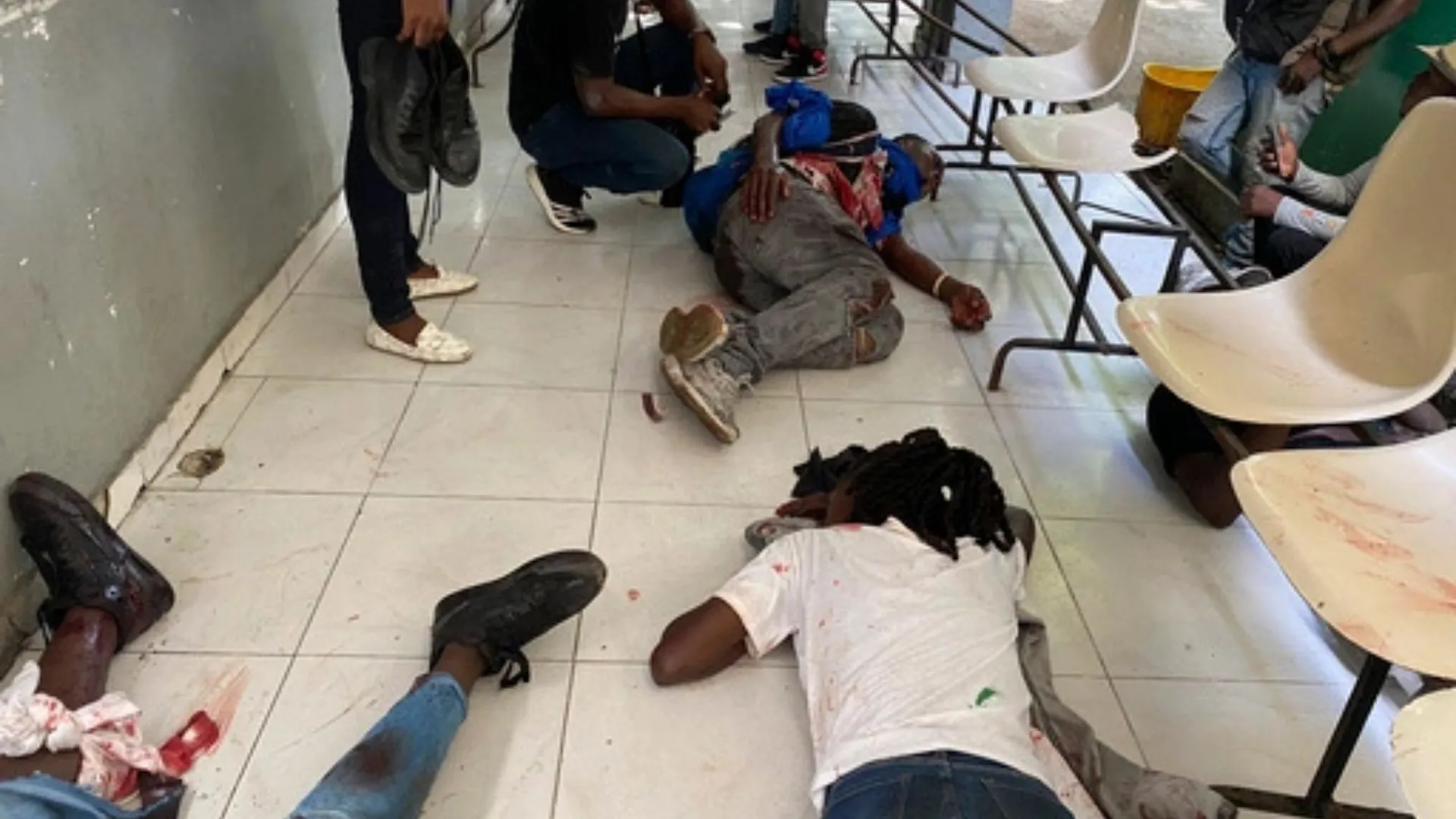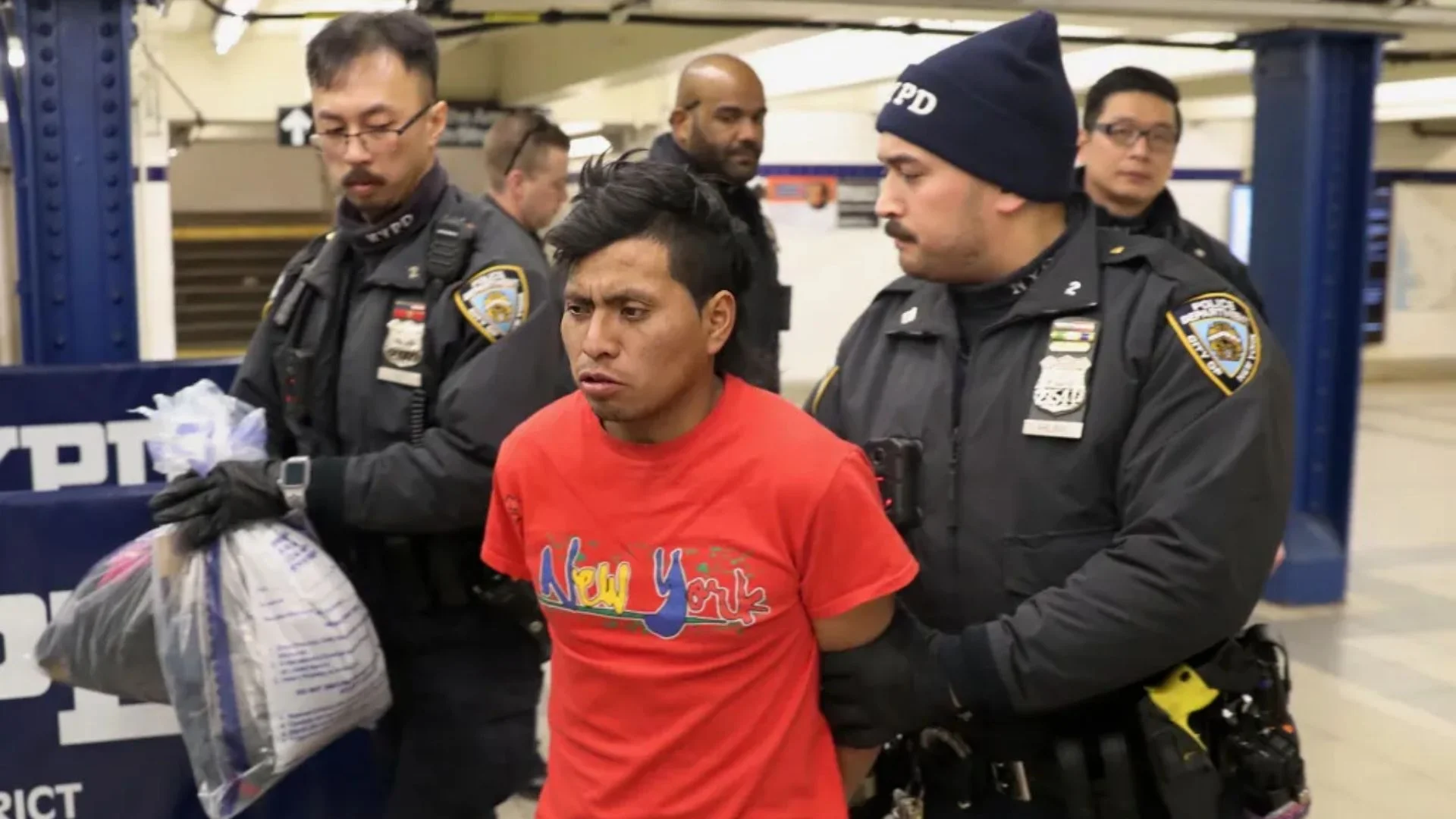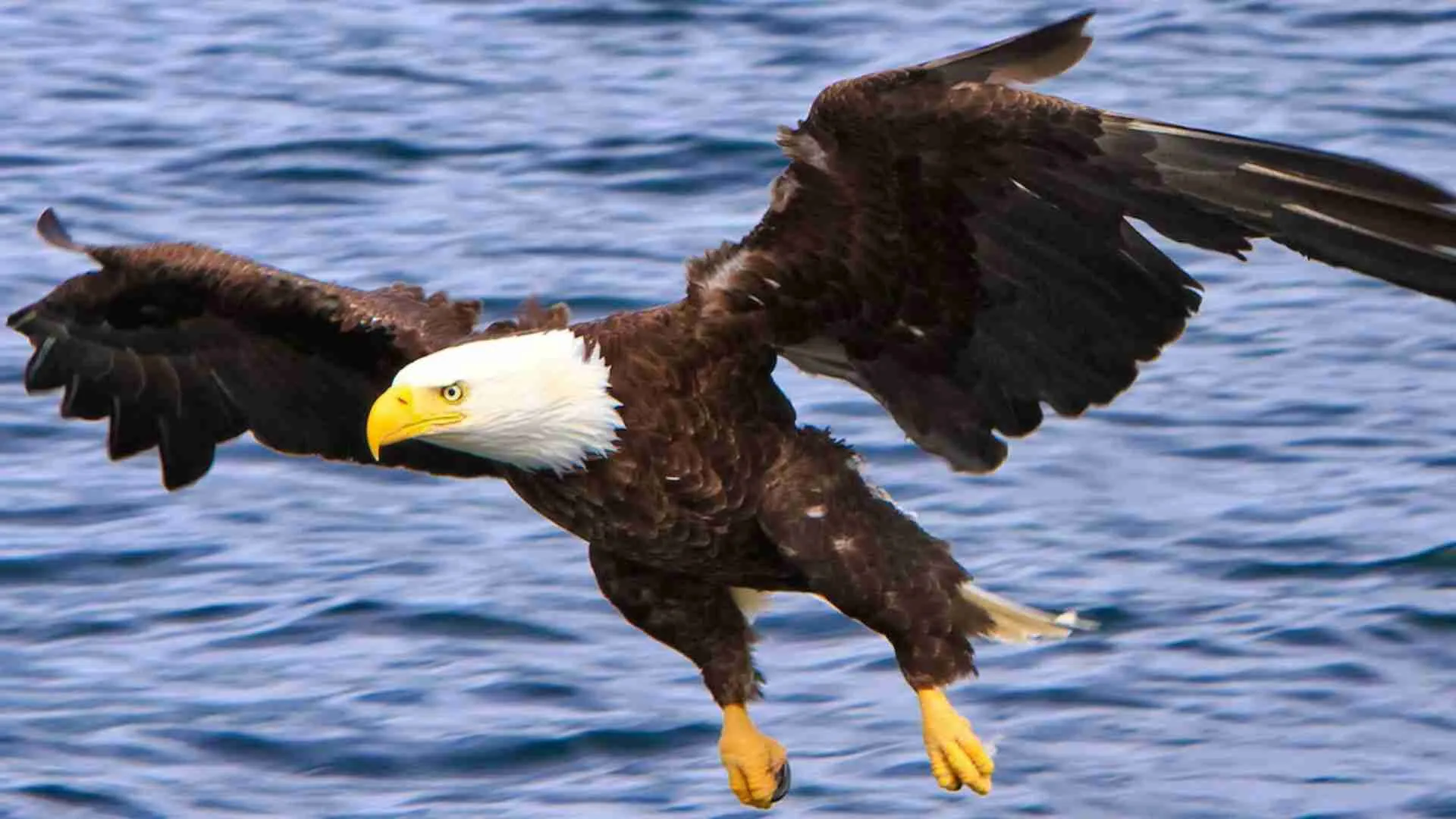Q. How did you decide on making a vaccine for Covid-19? What clicked in your mind first?
A. When I learned that China and the US were developing a vaccine during April 2020 to tackle the Covid-19 pandemic, I was determined to develop a ‘Made in India Vaccine’—a vaccine that can meet the unmet needs of the country, because I believed that, as a nation, we cannot be dependent on other nations to support our public health, and we need to be self-sufficient.
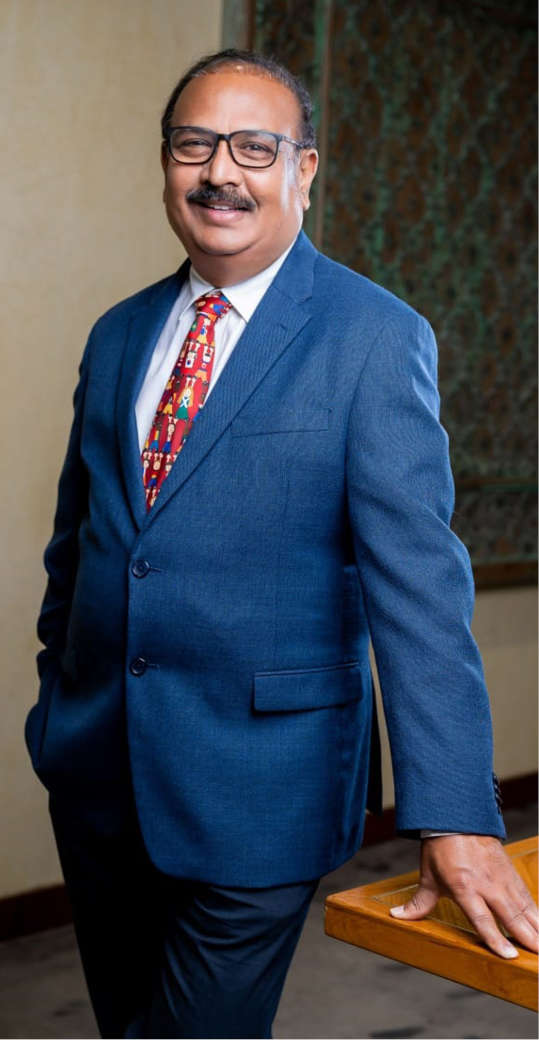
We had a strong experience of developing vaccines over several decades, and I was confident that India can build its own vaccine platform. So, I reached out to the Indian Council of Medical Research (ICMR) to discuss a probable totally indigenous vaccine platform for Covid-19. They were quick to respond and enabled the transfer of the Indian strain from the National Institute of Virology, Pune, to us to develop India’s first indigenous vaccine, under a public-private vaccine development programme.
Q. How did you enter the vaccine business? What was your first achievement?
A. Two women in my life made me decide to come back to India from the US and establish Bharat Biotech—my wife, Suchitra, and my mother, who said I could do whatever I wanted to do after returning to India and encouraged me to take risks. After staying for 15 years in the US, it was not easy for us to relocate to India. It was a tough decision to make. But we both wanted to come back. The decision seemed risky. But then as a graduate student in Madison, Wisconsin, we were taught to take risks. I decided to become a biotech-entrepreneur. We brought together like-minded professionals from the US and sold personal assets in the US to make this dream come true.
There were many challenges we had to face. For the first time, I proposed to produce the hepatitis B vaccine for one dollar in 1994. Armed with my master’s degree from the University of Hawaii, a doctorate from the University of Wisconsin-Madison, and further teaching and research experience at the Medical University of South Carolina-Charleston, in 1995, I started conceptualising a hepatitis vaccine, when I was working on yeast molecular gene and had the expertise of taking the gene out of yeast and putting it back.
During that period, there was a substantial demand for medicine in India. So, I set up a small lab in Hyderabad with the medical equipment I had brought along with me in my 40-foot container and started producing the protein.
We started Bharat Biotech with a total cost of Rs 12.5 crore. Within 3 years, in January 1999, the then President, Dr A.P.J. Abdul Kalam, launched our first hepatitis vaccine. We went on to supply several million doses for the national immunization program to the Government of India at Rs 10 per dose. This was a huge milestone as Bharat became the first company in the world to produce the world’s first cesium-free hepatitis B vaccine at an affordable price for the common man, when the vaccine was sold by a multinational at Rs 1,400 per dose.
Today, Bharat Biotech has established an excellent track record of innovation with more than 140 global patents, a wide product portfolio of more than 16 vaccines, 4 bio-therapeutics, registrations in more than 116 countries, and WHO pre-qualifications.
Located in Genome Valley, the hub for the global biotech industry, the company has built a world-class vaccine and bio-therapeutics, research and product development, Biosafety Level 3 manufacturing, and vaccine supply and distribution. Having delivered more than 4 billion doses of vaccines worldwide, Bharat Biotech continues to lead innovation and has developed vaccines for influenza H1N1, rotavirus, Japanese encephalitis, rabies, chikungunya, Zika, and the world’s first tetanus-toxoid conjugated vaccine for typhoid.
Q. How can COVAXIN provide an edge against the virus? How is it better than other vaccines?
A. Bharat Biotech’s COVAXIN™ is a Whole-Virion Inactivated Covid-19 vaccine. The SARS-CoV-2 virus strain was isolated from an asymptomatic Covid-19 patient at the National Institute of Virology (NIV). COVAXIN™ utilises a historically proven approach to vaccine design.
The adjuvanted inactivated virus vaccine candidate elicited strong IgG responses against spike protein, receptor-binding domain, and the nucleocapsid protein of SARS-CoV-2 along with strong cellular responses in Phase 1 and 2 clinical trials. COVAXIN™ offers a vaccine candidate that is different from other options currently available with potentially broader coverage against multiple protein antigens of the virus.
We are also conducting the largest ever Phase-3 trials in India for a Covid-19 vaccine involving 25,800 volunteers. This vaccine is developed on the Vero cell platform, which has a well-established track record of safety and efficacy in the country and globally.
Q. When are COVAXIN trials on toddlers going to be started?
A. We don’t have a timeline yet. We will apprise when we firm up the plan, after receiving the regulatory approvals to conduct the trials.
Q. Do you have pre-booking orders from other countries?
A. Bharat Biotech has already signed a letter of intent with the US firm Ocugen to co-develop COVAXIN™ for the US market. The company is in talks with many other countries in South America, Asia and Central Asia, and Eastern Europe.
Q. Any expected cost per dose?
A. The price of the vaccine is yet to be determined. Initially, we anticipate the cost to be higher but as the demand grows, the price will possibly come down.
Q. How many COVAXIN doses are ready and how much more do you expect to produce to meet the target in the coming days?
A. We have four facilities coming up. We are planning around 200 million doses (per year) in Hyderabad and 500 million doses in other cities. By 2021, we will have the capacity for 700 million doses.
Q. Do you think nasal vaccines are more effective? Why?
A. The nasal vaccine being developed in partnership with the Washington University School of Medicine will be a single-dose vaccine compared to the two-dose inactivated vaccine. An effective nasal dose not only protects against Covid-19, but it also prevents the spread of the disease by offering another kind of immunity that occurs primarily in the cells that line the nose and throat.
Further, an intranasal vaccine will not only be simple to administer but reduce the use of medical consumables such as needles, syringes, etc, significantly impacting the overall cost of a vaccination drive.
The coronavirus also attacks through the nose. Research has proven that a nasal vaccine is the best choice. This intranasal vaccine candidate has shown unprecedented levels of protection in mice studies—the technology and data having been recently published in the prestigious scientific journal Cell and an editorial in Nature.
We envision that we will scale this vaccine to 1 billion doses, translating to 1 billion individuals vaccinated by receiving a single-dose regimen.







